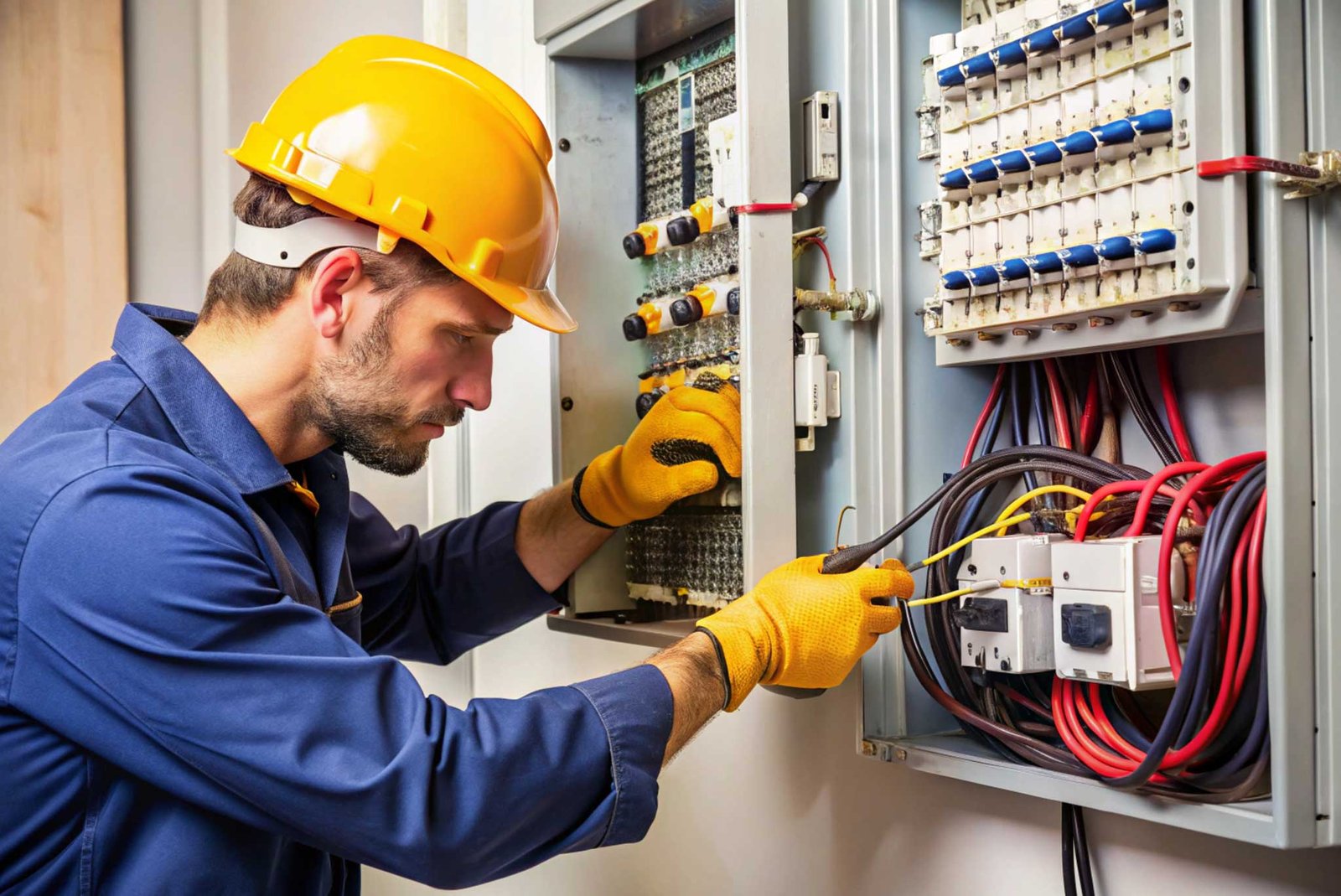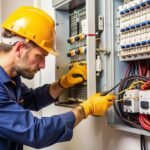
Understanding Your Home’s Electrical Safety
Your home’s electrical system is the backbone of modern living, powering everything from lights to appliances. Understanding basic electrical safety can prevent accidents, save money, and keep your family protected. Here’s what every homeowner should know.
Common Electrical Hazards to Watch For: Flickering lights often indicate loose connections or overloaded circuits. Warm outlets or switch plates suggest wiring issues that need immediate attention. Circuit breakers that trip frequently are warning signs of electrical problems.
Essential Safety Tips: Never ignore burning smells near electrical outlets or panels. Test your GFCI outlets monthly by pressing the test and reset buttons. Keep electrical cords away from water and heat sources. Replace damaged cords immediately rather than using tape repairs.
When to Call a Professional: If you experience frequent power outages, notice sparks from outlets, or have an electrical panel over 20 years old, contact a licensed electrician. DIY electrical work can be dangerous and may violate local codes.
Protecting Your Investment: Regular electrical inspections can identify problems before they become costly repairs. Modern surge protectors safeguard expensive electronics. Consider upgrading to GFCI outlets in bathrooms, kitchens, and outdoor areas.
Remember, electrical safety isn’t just about following rules—it’s about protecting your home and family. When in doubt, always consult with qualified professionals who can assess your specific situation safely.













